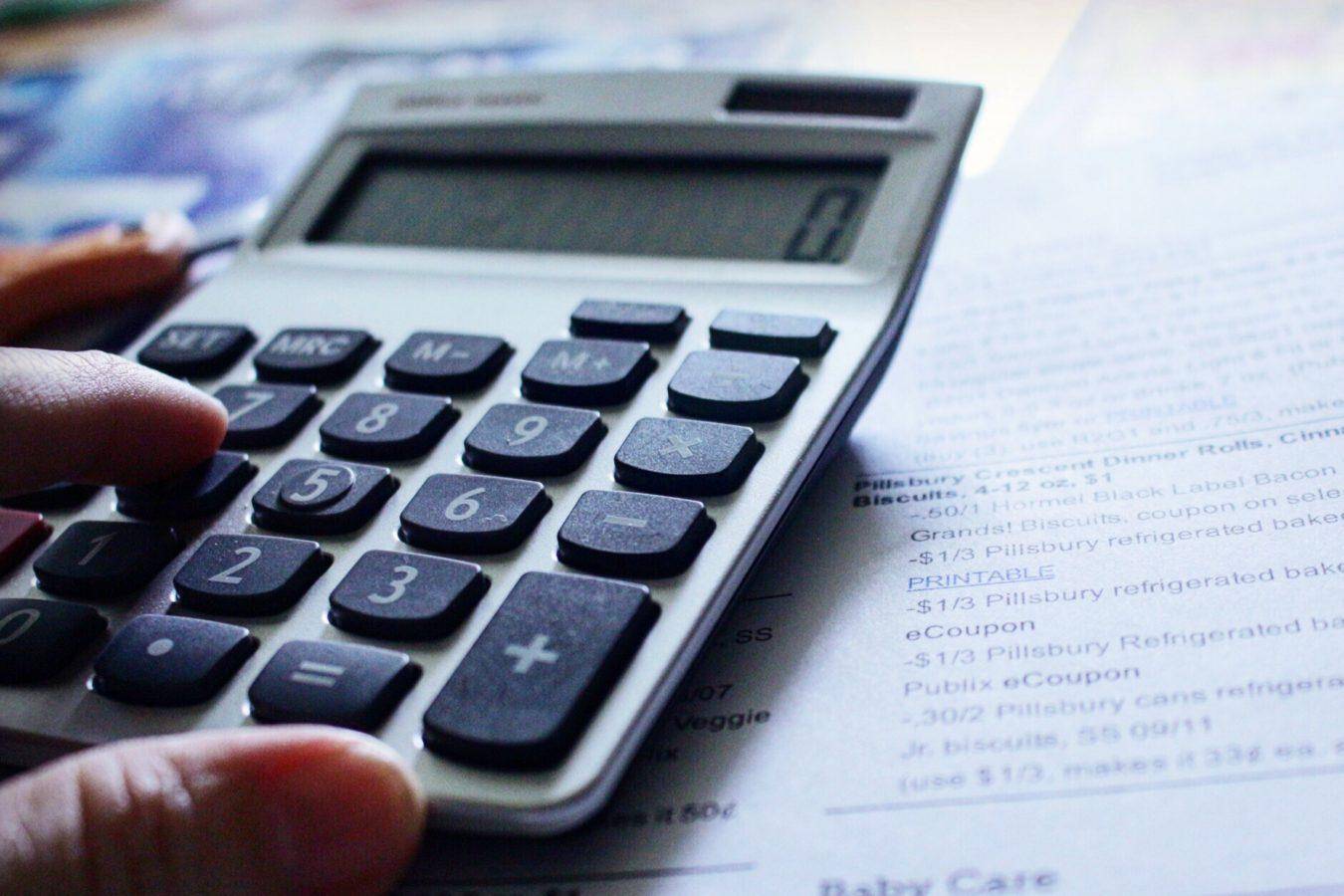How to save money on a tight budget is a common question.
Sometimes a tight budget does not mean frivolous spending. Some situations with a tight budget involve a low income.
Today you will find ways to cut your budget. As well as ways to help you save money if you are on a low income.
I will also outline how to overcome the challenge of being able to save money and not spend it. The biggest issue I usually see with this topic is emotional spending.
As most of you may know this is very dangerous to someone with a lower income.
Finally, I will end the discussion by teaching you how to use the 30-day rule to stop impulse buying.
More Articles You May Be Interested In:
What Is Financial Anxiety And How To Calm It
What Makes Your Credit Score Go Up
Are Debt Settlement Companies Legitimate
How to save money on a tight budget
In this first section, we’re going to jump into our main topic. The goal here is to get you thinking outside the box on how to save money within your current situation.
Review your electric company’s energy use savings plan online or call them.
Electric companies usually offer energy use savings plans. These encourage you to avoid running large appliances during certain hours of the day.
In return, you get a cheaper rate throughout the rest of the day.
For example, my family is currently on the “wait until after 8” plan with our local electric company.
On this plan, if we avoid using the dishwasher during the hours of 4pm – 8pm on Monday through Friday. Then we get a cheaper energy use rate throughout the rest of the day.
Since switching to this plan my family has cut our energy bill down by 40% per month.
Check your eligibility for low-income utility programs in your state.
Check to see if you have a low-income energy assistance program. You can go online and complete an application to see if you are eligible for home maintenance assistance.
The program is government-funded. It helps families save on home energy costs, weatherizing costs, and minor energy-related home repairs.
Their goal is to make your home safe when it is extremely hot and extremely cold.

Try switching your cell phone plan.
What I mean by switching your cell phone plan is by researching a lesser-known cell phone company.
The companies Boost, Metro PC, and visible are all owned by the bigger cell phone companies AT&T, T-Mobile, and Verizon.
The smaller cell phone companies offer cheaper packages because they don’t have all of the extra costs to run their business. The cut down on costs is by not advertising as much.
Some of them don’t even have a physical location.
I switched from Verizon to visible and I save $100 per month now. When I was with Verizon, I was paying $140 per month.
However, the issue was the constant change in cost from month to month. With visible I now have unlimited everything for $40 per month.
What I love the most is the bill is always the same. Verizon owns Visible so my service signal is using the exact same cell towers.
I cannot tell a difference between visible or Verizon other than the price.
Try a no spend challenge
Pick a constant purchase in your budget right now. This item should be something you are trying to stop buying.
At first try to limit how much you purchase the item. Then try to eliminate it altogether.
On days when you want to stop yourself from making the purchase tell yourself, “one more day, I can live without this item for one more day.”
Before you know it, you will have stopped purchasing the item. However, the best part is you won’t even notice.

Find a better savings account
Shop around for a bank that offers a high interest savings account. This is a way to make money off your money.
Do not let your money sit in a savings account that only earns you pennies for your dollars.
For example, my current bank only paid me $0.12 per month on a savings balance of $3, 000.
Another bank in my area is offering a high interest savings account with an interest of 0.70% per year.
With that said, I could earn $175 per month on that same $3, 000 if I opened a savings account with the higher interest rate.
Pick one fun Splurge to keep
By keeping, one fun Splurge in your tight budget will keep you on track for your savings goal.
This can be something that involves purchasing a new movie, getting your hair done, or a massage every month.
Make it extravagant enough to feel like a treat without breaking the bank.
Beware of Lifestyle creep
Every time you get a raise put the extra money per paycheck in your high interest savings account.
If you get into the habit of this, it will help you save money twice as fast. It may not seem like much at first but eventually those raises add up.

How Can I Save money And Not Spend It
Overspending has the tendency to be the byproduct of emotional spending. All of us have a habit of spending money when we experience a strong emotion.
Some emotions experienced during impulse purchases can be excitement/celebrating, depression, anxiety, stress, boredom, the list is endless.
So how do we break the cycle?
Here are the steps I want you to take:
Delete your saved credit card data from your phone and your computer.
If you make it harder to spend money by requiring yourself to manually, enter your credit card number. Then you will make fewer purchases.
Change your driving routes.
If there is, a normal route you take that causes you to stop and shop. Stop driving past that area of your city.
You could be pulling over to shop without even realizing what you are doing.
Unsubscribe from email lists that encourage you to purchase.
If you constantly receive emails, advertising sales that convince you to impulse buy. Get off those email lists.
Also, stop internet surfing when you are bored to avoid Google ads.
Always take a shopping list the store with you.
Get into the habit of only buying what is on your list.
Avoid walking through shopping areas when you are bored.
This will prevent you from buying items you don’t actually need. Try walking through your neighborhood or an area that does not provide shopping opportunities.
Set clear financial goals.
Write down what you actually need to buy every month for your survival. Then try to eliminate items you want but will never use.
Subscribe and you'll receive our weekly posts right in your inbox. You'll also be one of the first to be notified when our free budget course opens. Hope to see you there!
What is the 30-day rule?
The 30-day rule is an extension of the suggestions above and a great place to start as a beginner. This rules purpose is to help you fight the temptation to buy.
How it works is you write down an item you want to buy. Document what store it’s from, how much it costs, and what it is.
Before purchasing it, spend the next 30 days thinking over whether you need it or not.
For Example, as you go through your daily routine try to consider if the item will make your life significantly better or have no effect at all.
If you forget about the item or realize you, will not actually use it then don’t buy it.
Another trick to help you say no right now is to move the money for the purchase to your high interest savings account.
As you go through the next 30 days, you may discover you cannot afford the item. If you suddenly need the money, you still have it available to pay a bill.
More Articles You May Be Interested In:
What Is Financial Anxiety And How To Calm It
What Makes Your Credit Score Go Up
Are Debt Settlement Companies Legitimate
Your take action guide
To get started with applying the information in this post, follow the steps below.
- Start by reviewing energy use savings plans through your electric company.
- Go to the low-income Home Energy Assistance Program website for your state. See if you qualify for funding. Home Maintenance is one of your largest costs.
- Research cheaper cell phone plans. Avoid Verizon, AT&T, or T-Mobile.
- Shop around for a high-interest savings account until you find one that suits your needs.
- Look through your credit card and bank statements. Take note of any purchases you made that did not qualify as a need. Can you even remember what you bought? Try to identify the emotional triggers that led to these purchases so you can learn to avoid them in the future.
- Try the 30-day rule for at least one purchase over the next month.
Every financial coach on the planet constantly talks about saving money.
What they don’t tell you is the term “saving money” does not always mean putting money aside in a savings account.
If you actively put some of the recommendations above to use, you will give yourself one heck of a raise.
There was a time I only made $1,800 per month and my bills were $2,500 per month. I was definitely low-income.
At that time in my life, I found the energy use savings plan and high interest savings account to be the most useful.
Let us be honest, I was only saving $20 per month but my money was growing a lot faster than $0.12 each month.
If at any time you feel discouraged, remember great things are worth waiting for. Taking control of your finances will take time.
References
https://www.investopedia.com/tips-for-saving-money-on-a-tight-budget-5185769
https://www.acf.hhs.gov/ocs/low-income-home-energy-assistance-program-liheap
https://www.investopedia.com/best-high-yield-savings-accounts-4770633
https://www.investopedia.com/articles/pf/08/emotional-spending.asp
https://www.chime.com/blog/what-is-the-30-day-savings-rule/
Subscribe and you'll receive our weekly posts right in your inbox. You'll also be one of the first to be notified when our free budget course opens. Hope to see you there!





